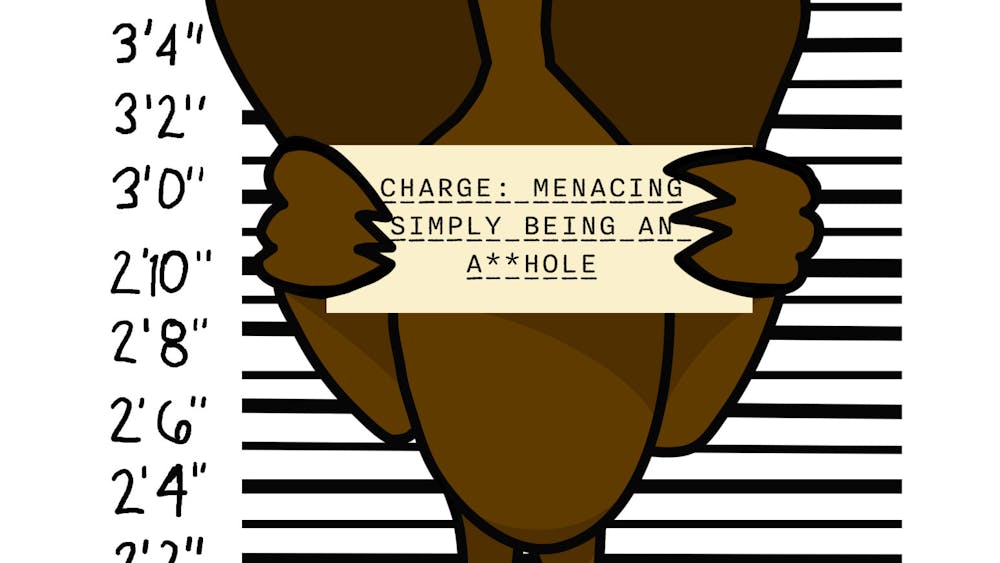EDITORIAL: Prohibiting concealed carry on campus keeps students safe from gun violence
After recent shootings near three of Michigan’s public universities, it’s important to take a stance on gun control and how legislation affects higher education within the state.
Michigan law lists several “pistol-free” areas for those with concealed weapon permits. Included in that list is “a dorm or classroom of a community college, college or university.”
The law, however, does not specifically prohibit guns in other areas of a college campus. Central Michigan University takes a firm stance against concealed weapons. All areas of campus are “weapon-free zones,” and that’s the way it should stay.
CMU Police Captain Fred Harris said according to the law, CMU has a right to make its own decisions regarding a concealed weapons policy.
The university’s message is clear: weapons are not welcome at CMU.
On Wednesday in Mount Pleasant, shots were fired into a vehicle parked in the strip mall on S. Mission Street that includes J.C. Penney. Last Friday, a Michigan State University student was shot and killed at a nearby apartment complex. The following day, a student was shot at an apartment complex following an event at Ferris State University.
While the motives for these particular cases aren’t clear, neither is there a clear solution to gun violence. But one thing has been made abundantly clear – more guns will never equal less violence.
Gun violence is on the rise. In 2012, Michigan Incident Crime Reporting identified 681 victims of murder or non-negligent homicide within the state. Between 1993 and 2003, firearms were used in 71 percent of Michigan homicides. Of those reported, where a weapon was identified, 85 percent involved handguns.
The response to rising gun violence has been two-fold. In 2013, 19 states introduced legislation to allow the concealed carry of weapons on college campuses. Five introduced legislation to ban these weapons.
Some of the public demands more weapons to defend themselves, while others seek a total weapon ban. In Michigan, lawmakers have favored banning weapons from universities.
That’s exactly the direction we should be heading in.
We support the current law and the university’s decision to keep guns off campus. More guns will not reduce violence. More guns will not help people defend themselves. It seems more guns will always cause more problems.
If someone is set on committing a crime, no legislation or policy is going to prevent them from breaking the law. Guns, by design, are manufactured for killing. It’s impossible to keep them out of the wrong hands.
Guns have a place in society, but not on a college campus. By owning a weapon, you have a responsibility not to use it to harm others. In these recent cases, the gun owners failed that responsibility.
Weapons advocates, including Students for Concealed Carry – which has a chapter at CMU – would cite the old adage “an armed society is a polite society.” However, an armed society also increases the availability of guns to the wrong people.
Some would argue that having armed faculty or students at Virginia Tech would have helped to reduce the carnage. The problem with that idea, however, is that students and faculty, armed or not, do not have time to effectively react before a crime can be committed.
The best option for addressing gun-related violence is to have an effective response plan, not to introduce more weapons to more people.
We need to stop the promotion and glorification of gun violence in our culture. We need to work together as a community to reach out and help people who need it. We need to work closer with law enforcement to report those we believe seek to do harm to others.
Having more guns available creates dangerous situations. It creates increased confrontation and a need for increased responsibility. It sends the wrong message to a community that should be focused on reducing violent crime.
Together, as a community and a university, we can help to reduce gun violence – but more weapons on campus is not the answer.




